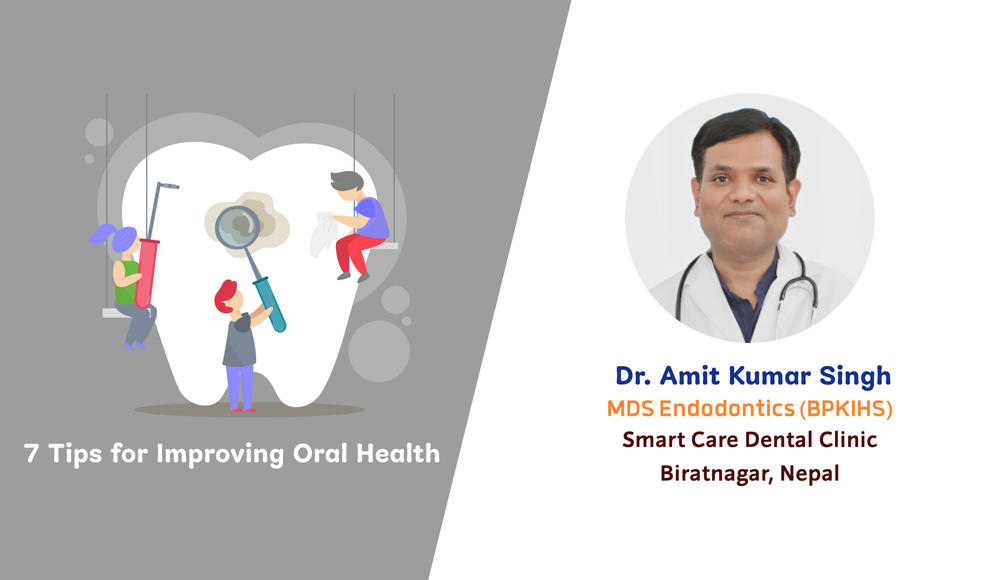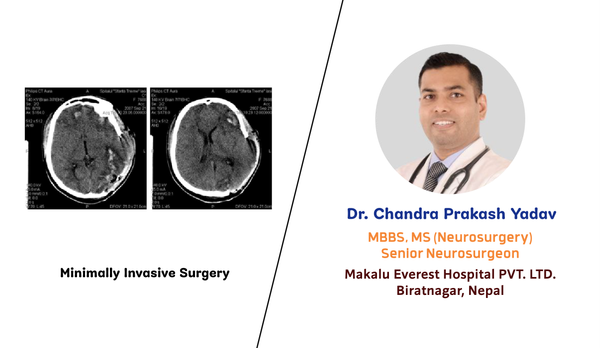7 Tips for Improving Oral Health
Maintaining good oral health is not just about having a bright smile; it’s crucial for overall well-being. Poor oral hygiene can lead to various dental and medical problems such as gum disease, infection, heart disease, stroke, and more. I'm Dr. Amit Kumar Singh, and I’m here to share seven essential tips to help you improve your oral health.
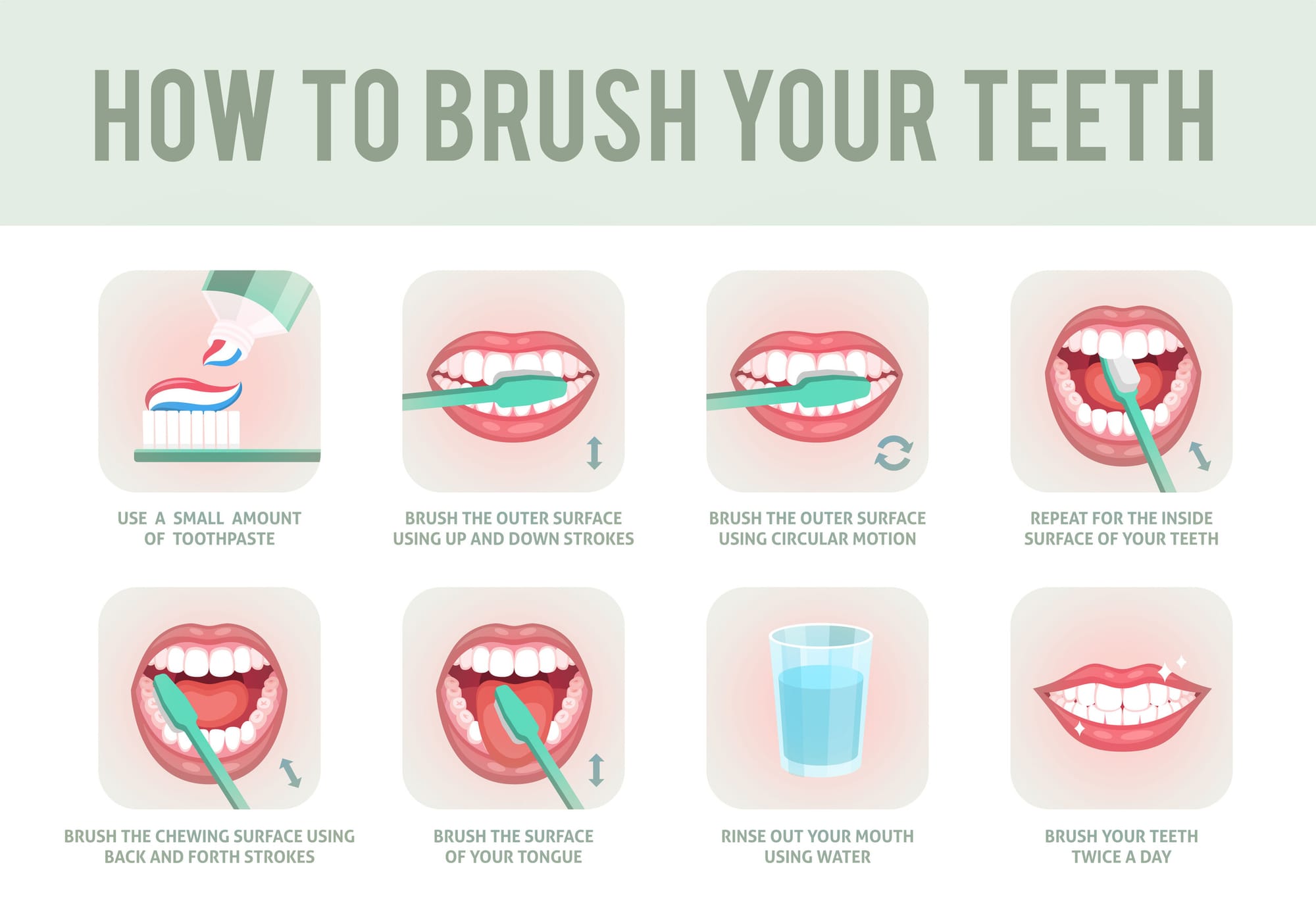
1. Brush Properly and Regularly
Brushing your teeth twice a day is a fundamental step in maintaining oral hygiene. Here's how to make the most of your brushing routine:
- Choose the right tools: Use a soft-bristled toothbrush and fluoride toothpaste. Soft bristles are gentle on your gums, while fluoride strengthens your tooth enamel.
- Technique matters: Brush for at least two minutes, ensuring you reach all surfaces of your teeth. Don't scrub harshly, but use gentle, circular motions, focusing on two to three teeth at a time. Tilt the brush at a 45-degree angle to clean both the surface of the tooth and the gum line. Remember to brush the backs of your teeth and your tongue, as these areas can harbor bacteria.
- Brush replacement: Replace your toothbrush every three to four months, or sooner if the bristles are frayed. Worn-out bristles won't clean your teeth effectively.
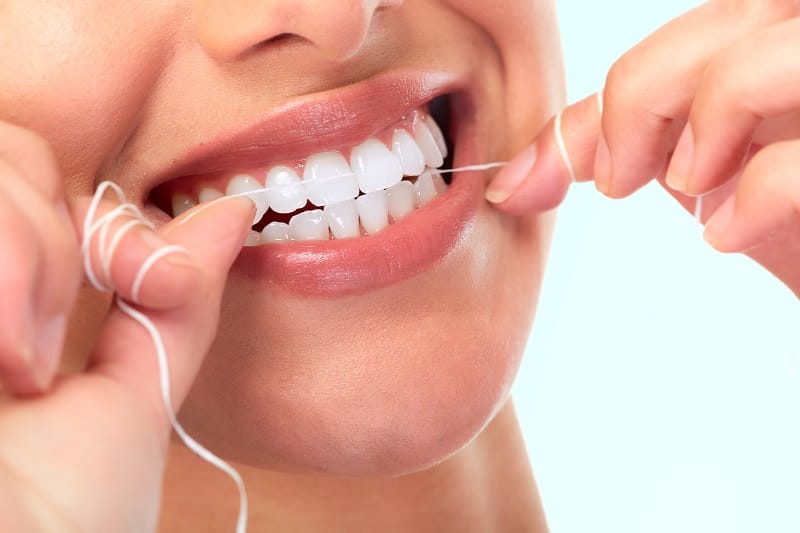
2. Floss Daily
Flossing is just as important as brushing. It helps remove food particles and plaque from between the teeth and under the gumline, where a toothbrush can't reach. Here's how to floss effectively:
- Flossing Techniques: There are two main flossing techniques: the C-shape and the sawing motion.
- C-shape: Wrap about 18 inches of floss around your middle fingers, leaving a short section of floss taut between your thumb and index finger. Gently curve the floss around the base of one tooth in a C-shape, then slide it up and down along the side of the tooth, hugging the curve. Repeat for the other side of the tooth and move on to the next tooth.
- Sawing motion: Hold the floss taut between your thumb and index finger of each hand, with a few inches of floss between them. Gently slide the floss back and forth between your teeth using a sawing motion. Be careful not to snap the floss against your gums.
- Alternatives: If you find traditional flossing difficult, consider using interdental brushes or water flossers. These tools can be just as effective in removing plaque and food particles from between your teeth.

3. Don't Forget the Mouthwash
Incorporating mouthwash into your daily routine can enhance your oral hygiene by providing additional benefits:
- Reduced Plaque: Look for a mouthwash containing ingredients that help reduce plaque buildup, a major contributor to cavities and gum disease.
- Fresher Breath: Mouthwash can help freshen breath and eliminate bad odor caused by bacteria in the mouth.
- Antibacterial Properties: Choose a mouthwash with antibacterial properties to kill bacteria that contribute to plaque formation and gum disease.

4. Maintain a Healthy Diet
Your diet plays a significant role in your oral health. Here's how to make smart food choices for a healthy smile:
- Limit Sugary and Acidic Foods: Sugary and acidic foods and drinks can erode enamel and lead to cavities. Reduce your intake of candy, soda, processed snacks, and acidic fruits like citrus fruits.
- Focus on a Balanced Diet: Emphasize a balanced diet rich in fruits, vegetables, lean proteins, and whole grains. These foods provide essential nutrients for overall health, including your teeth and gums.
- Calcium and Phosphate Powerhouses: Include foods high in calcium and phosphates, which help strengthen your teeth. Examples include dairy products like milk and cheese, leafy greens like kale and spinach, and nuts and seeds.
- Sugar-Free Chewing Gum: Sugar-free chewing gum can actually benefit your oral health by stimulating saliva production. Saliva helps wash away food particles and neutralize acids produced by bacteria in the mouth.

5. Stay Hydrated
Drinking plenty of water throughout the day is crucial for your overall health, including your oral health. Here's why:
- Washes Away Food Particles: Water helps wash away food particles and bacteria that can accumulate in your mouth and contribute to cavities and gum disease.
- Saliva Production: Water helps maintain a healthy level of saliva, which is essential for neutralizing acids produced by bacteria in the mouth. Saliva also helps to remineralize tooth enamel and prevent cavities.

6. Avoid Tobacco Products
Using tobacco products, including smoking and chewing tobacco, can have severe effects on your oral health:
- Increased Risk of Gum Disease: Tobacco use weakens the immune system and irritates the gum tissue, making you more susceptible to gingivitis (gum inflammation) and periodontitis (severe gum disease). Periodontitis can lead to tooth loss and damage the jawbone.
- Tooth Decay: Tobacco use can stain teeth and decrease your sense of taste. The chemicals in tobacco can also interfere with saliva production, increasing your risk of tooth decay.
- Oral Cancer: Tobacco use is a major risk factor for oral cancer. This can develop anywhere in the mouth, including the lips, tongue, cheeks, gums, and throat.
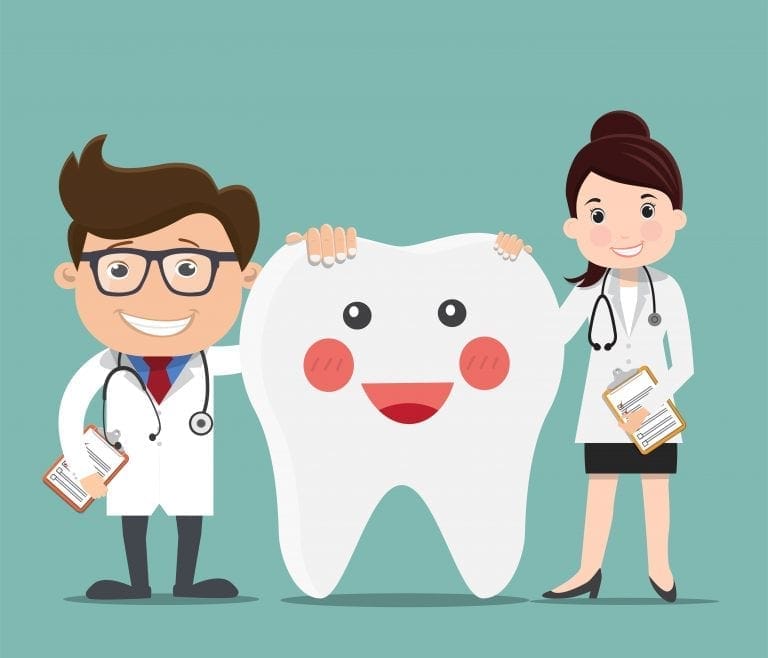
7. Visit Your Dentist Regularly
Regular dental check-ups are crucial for maintaining oral health. Schedule visits to your dentist at least twice a year for professional cleanings and examinations. Here's what your dentist can do:
- Early Detection: Your dentist can detect early signs of dental problems like cavities, gum disease, and oral cancer.Early detection allows for prompt treatment, preventing them from becoming serious issues.
- Professional Cleaning: Professional cleanings remove plaque and tartar buildup that brushing and flossing alone can't tackle. This helps prevent gum disease and keeps your teeth healthy.
- Personalized Advice: Your dentist can assess your individual oral health needs and provide personalized advice on how to maintain a healthy smile.
Conclusion: A Healthy Smile, A Healthier Life
By incorporating these seven tips into your daily routine, you can significantly improve your oral health. Remember, a healthy mouth contributes to a healthy body. Regular dental visits, combined with good daily habits, will keep your smile bright and your health intact.
For personalized advice and treatments, don’t hesitate to schedule an appointment with your dentist. As always, your oral health is in your hands, but your dentist is here to guide you every step of the way. Stay healthy and keep smiling!
Dr. Amit Kumar Singh ( Consultant Endodontist )
Book an Appointment

